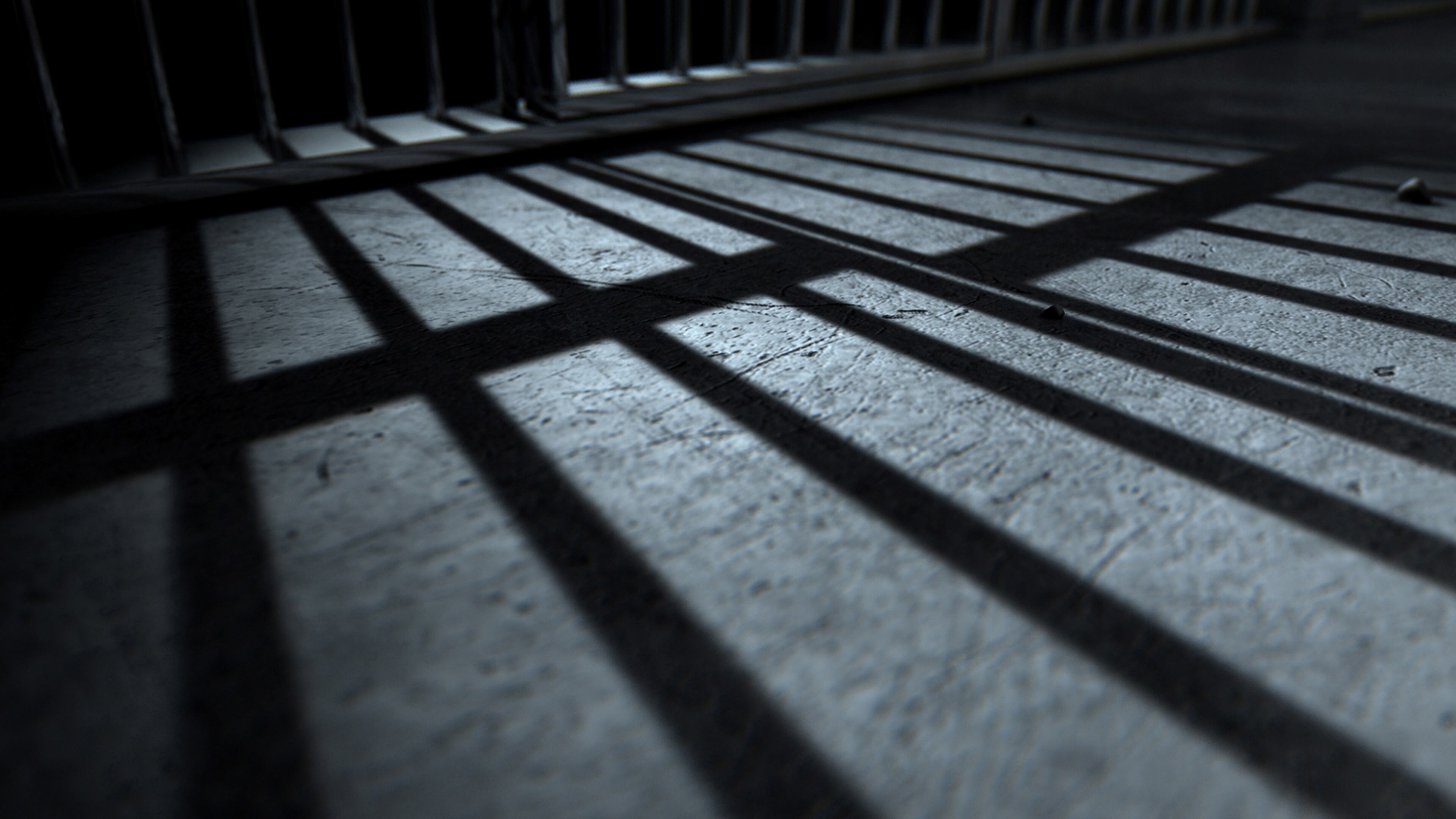Georgia wants to limit charitable bail. Federal judges are skeptical.

Federal appellate judges poked holes Tuesday in Georgia’s new bail law that opponents say will force large numbers of people to remain in jail simply because they are poor.
The state wants to limit and regulate the practice by churches, nonprofits and individuals of paying bail for cash-strapped defendants. Opponents say Georgia’s limitations are the most restrictive in the country.
A year ago, a federal judge in Atlanta temporarily blocked the state from enforcing part of its 2024 bail law that limits charitable bail. U.S. District Judge Victoria Calvert ruled it is likely too vague and improperly infringes on people’s constitutional right to express their beliefs against pretrial detention and mass incarceration.
In Atlanta on Tuesday, Georgia Solicitor General Stephen Petrany tried to persuade three judges of the 11th Circuit U.S. Court of Appeals to overturn Calvert’s ruling. The judges — Elizabeth Branch, Nancy Abudu and Embry Kidd — signaled the state might lose the fight.
Abudu and Kidd noted there is a long history in the U.S. of paying bail for those deemed to be wrongly incarcerated. They pushed back on the state’s argument that charitably paying someone’s bail is not the kind of expressive conduct protected by the U.S. Constitution.
“It is not just to pay money,” Abudu said, referencing the motivation by some to ensure a person doesn’t spend a year in jail because they can’t afford a $150 bond. “They’re saying it’s their mission, and especially for purposes of the church, it’s related to their faith. I think that’s an important distinction.”
Kidd said the Georgia nonprofit Barred Business and two Athens church members who challenged the state’s charitable bail limitations claim they undertake many expressive activities associated with getting eligible detainees released. He said that context matters.
In case filings, members of the Oconee Street United Methodist Church in Athens said it paid bail in 2023 for about 50 people, most of whom were in jail on less than $100.
The Prison Policy Initiative, a nonprofit against mass incarceration, reports that 59% of people in Georgia jails have not been convicted of a crime.
The issue comes up often in state courts. For example, in Fulton County Superior Court on July 21, lawyer Stacy Levy said she couldn’t ask for her client’s release from jail because he couldn’t afford to pay bail anyway. Levy said her client, Darnell Banks, had been in custody for two months and wanted to return to his children and job.
Several Georgia prosecutors, including Fulton County District Attorney Fani Willis, warned the new law will exacerbate jail overcrowding. More than 30 prosecutors from around the country urged the 11th Circuit to rule against Georgia.
Petrany said the new law allows a person or group to charitably pay someone’s bail up to three times a year and requires them to get a license like bond companies. He said the state is concerned that defendants won’t show up for court hearings.
But Abudu said a judge considers that issue when deciding if someone should get bail.
To Petrany’s point that defendants don’t care as much if their own money isn’t on the line, Abudu said that could also be true when bail is paid by a defendant’s parent or sibling. She said the new law isn’t clear on how it applies to someone paying a relative’s bail.
Petrany’s arguments got some support from one of the judges.
Branch got the plaintiffs’ lawyer, Alexandra Lichtenstein, to concede that someone paying their child’s bail without saying or doing more is not the kind of expressive conduct protected by the First Amendment. Branch suggested the so-called expressive actions by the plaintiffs in connection with charitably paying bail are separate from the payment itself.
Lichtenstein said the donation of money for a particular cause has long been recognized as an element of protected speech.
The 11th Circuit does not have a deadline for deciding the case.



